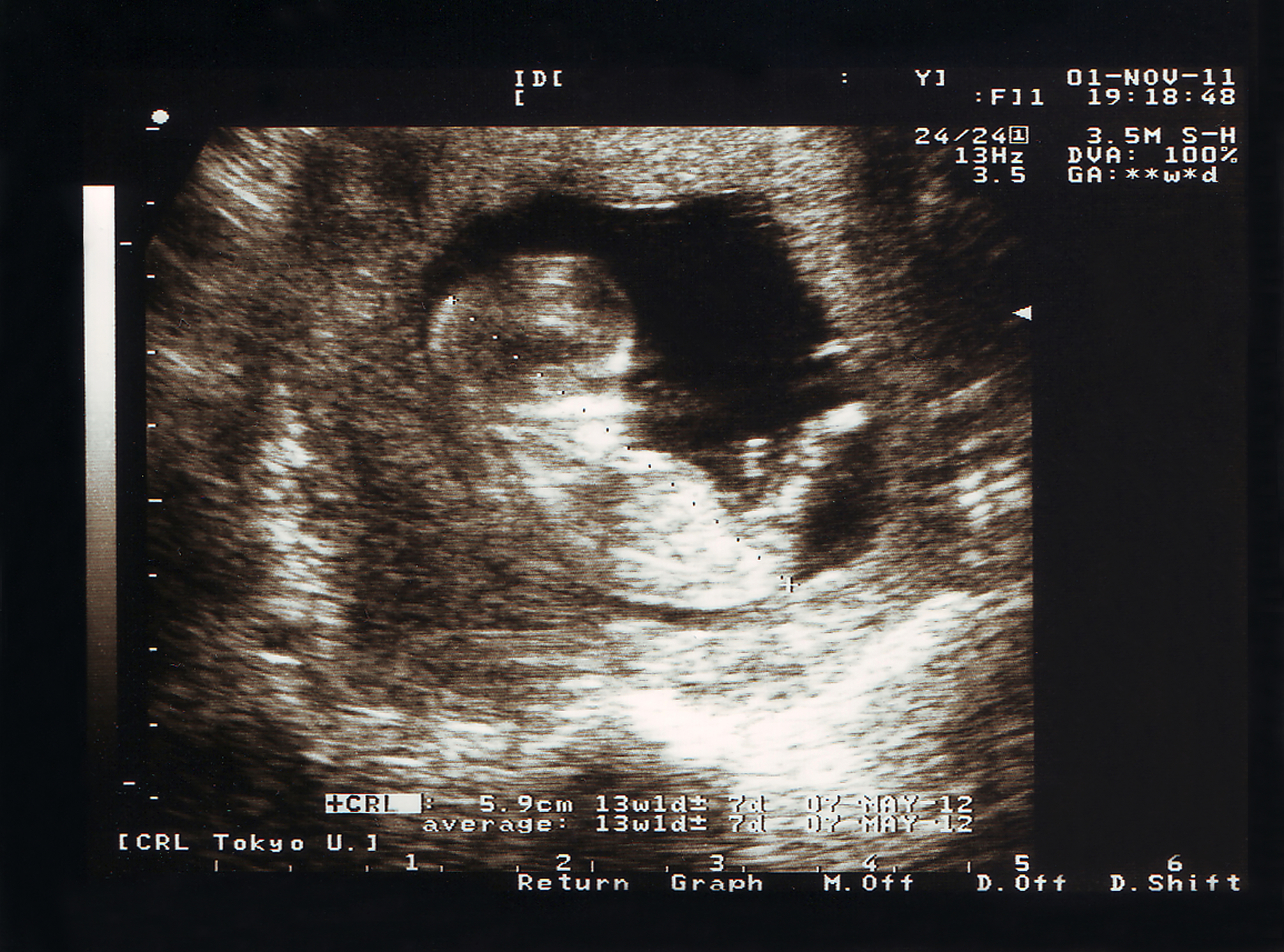Understanding Weight Gaining During Pregnancy
Weight gain during pregnancy is essential for fetal development, maternal energy, and overall health when properly managed.
Maternal health refers to the well-being of women during pregnancy, childbirth, and the postnatal period. It is a crucial aspect of public health, as both maternal and infant survival depends on appropriate medical care, nutrition, and social support. Ensuring safe pregnancy and childbirth requires a combination of accessible healthcare services, skilled professionals, and policies that prioritise women’s health.
Antenatal Care
Antenatal care plays a significant role in monitoring maternal and foetal health. Regular check-ups help identify potential complications, such as gestational diabetes, pre-eclampsia, or infections that could harm the mother or baby. Screening tests, ultrasounds, and blood pressure monitoring are essential to detect issues early. Access to proper antenatal care reduces maternal mortality and improves pregnancy outcomes.
Nutrition during pregnancy is equally important. A well-balanced diet rich in iron, folic acid, calcium, and protein supports the baby’s development and helps prevent conditions like anaemia. Women are often advised to take supplements to meet increased nutritional demands, and public health campaigns emphasise the importance of avoiding harmful substances such as alcohol, tobacco, and excessive caffeine.
Safe Childbirth and Delivery
Skilled birth attendance is critical in ensuring safe labour and delivery. The presence of trained midwives, obstetricians, and nurses significantly lowers the risk of complications such as postpartum haemorrhage, obstructed labour, and infections. In high-income countries, most births occur in hospitals or birthing centres, with access to medical interventions if needed. However, in low-resource settings, inadequate healthcare infrastructure, a lack of skilled professionals, and cultural barriers contribute to high maternal mortality rates.
Emergency obstetric care is essential for handling complications. Caesarean sections, blood transfusions, and infection management can save lives, but access varies globally. The World Health Organization (WHO) recommends that at least 10–15% of births should involve caesarean sections to address complications, yet some regions either lack this intervention or overuse it unnecessarily.
Postnatal Care and Mental Health
The postnatal period is often overlooked but is critical for both the mother and baby. Postpartum complications, such as infections, excessive bleeding, and postnatal depression, require timely medical attention. Breastfeeding support, contraception counselling, and mental health screening are integral to postnatal care.
Postnatal depression affects around 10–15% of new mothers and can impact bonding with the baby. Recognising symptoms early and providing psychological support or medical treatment is essential. The societal stigma around maternal mental health can deter women from seeking help, highlighting the need for awareness and accessible mental health services.
Challenges and Future Directions
Global inequalities in maternal health persist, with lower-income countries facing higher maternal mortality rates due to insufficient healthcare access. Improving infrastructure, training healthcare professionals, and investing in maternal health programmes are vital steps towards reducing these disparities. Greater awareness and policy support can ensure that all women receive the care they need for a safe pregnancy and childbirth.
home » Maternal Health
Weight gain during pregnancy is essential for fetal development, maternal energy, and overall health when properly managed.
